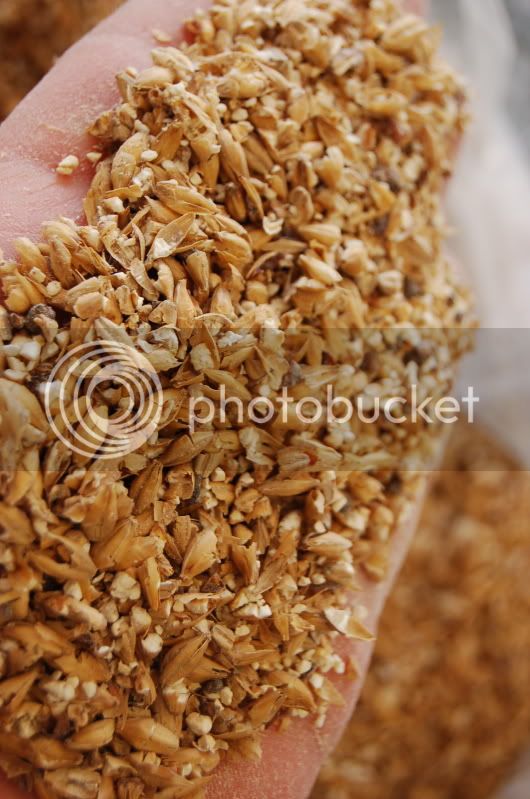Kaiser
Well-Known Member
I entered all of my grains in the upper portion, omitting the brown sugar, which is my next question. How do you enter sugar? Just give it 100% extract potential?
Sugar is not supported well. If all your measurements are before the addition of the sugar, you are fine and the result is truly what you got from the mash. Sugar will matter for the fermenter gravity

This is the result I got and if your numbers are correct, you are a prime example why I think just looking at efficiency is not enough. Your efficiency is 60% and based on rather loudly touted wisdom, this means that your should not have a problem with oversparging. But you got 60% b/c you converted only 66% of the starch. Then you did a really good job sparging (~90% lauter efficiency). The latter is what generally causes oversparging.
You should look at why your mash converted so poorly. If you can get the conversion efficiency into the 90s, you can back-off on sparging and still get an efficiency in the upper 70s and maybe even low 80s.
Kai









































![Craft A Brew - Safale S-04 Dry Yeast - Fermentis - English Ale Dry Yeast - For English and American Ales and Hard Apple Ciders - Ingredients for Home Brewing - Beer Making Supplies - [1 Pack]](https://m.media-amazon.com/images/I/41fVGNh6JfL._SL500_.jpg)
















